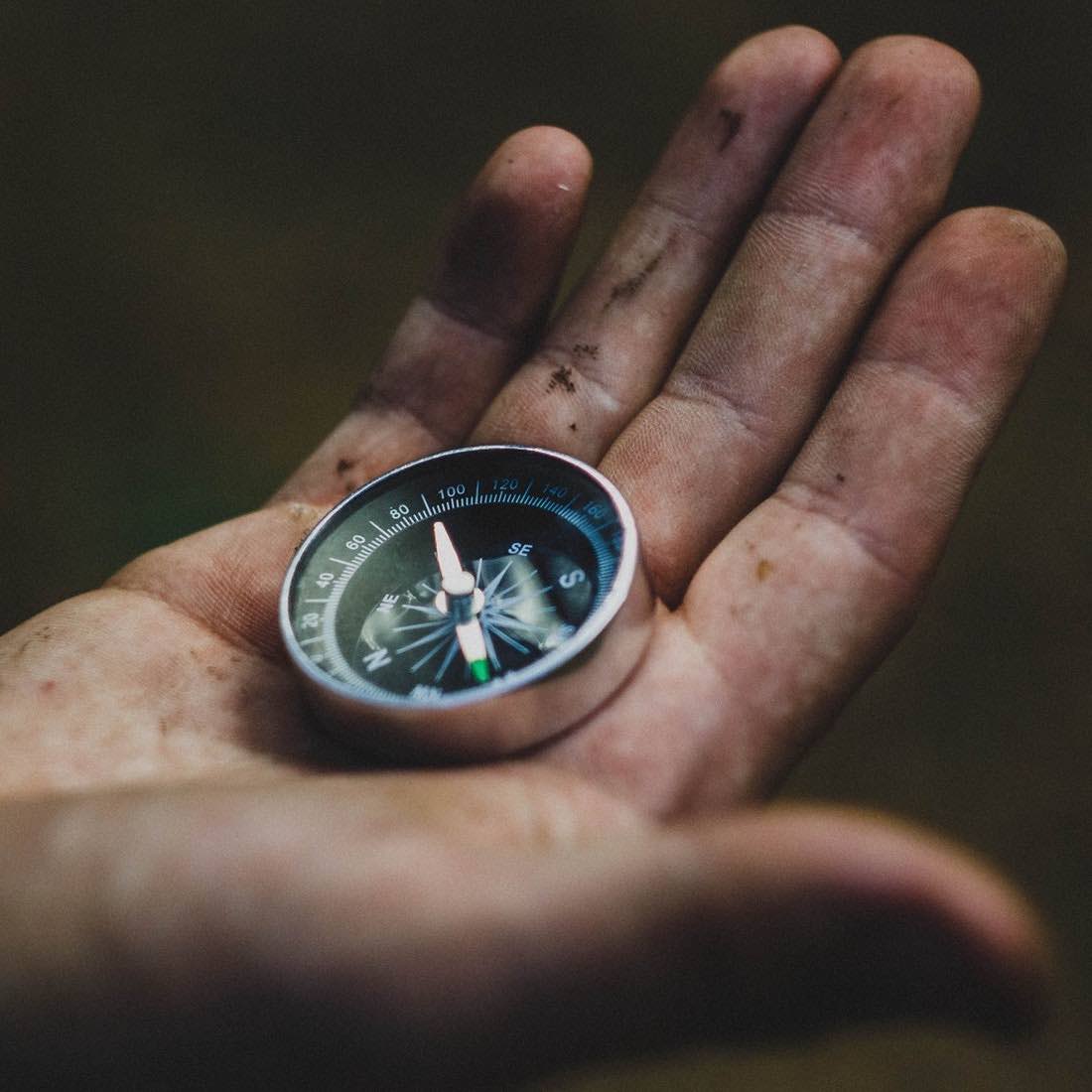Where have you come from? Where are you now? And where are you going? When we travel, we can answer these questions and connect these things using a map. When we want to think about the journey of our lives, we can create a conceptual map to help us.
Having such a map gives us perspective on the past, awareness of the present and a plan for the future. It helps us understand our history, take responsibility for the current direction of our lives, and ensure that we don’t just follow someone else’s path.
“Life is a journey. How we travel is really up to us. We can just flow with the tide or follow our own dreams.” – Paul Coelho
Free Personal Action Plan
Just sign up here to receive your free copy
Life is a journey: what does yours look like?
The metaphor that life is a journey is a popular one. Many of our favourite stories, from historical literature such as The Odyssey and The Canterbury Tales, through to modern classics including The Lord of the Rings and The Alchemist, use this premise. We are naturally drawn to such adventures and can relate to the idea of travelling and challenges in life (even if not faced with actual sirens or orcs!)
We can apply the same idea to our own lives. When we thread together the events in our past, and the hopes for our futures, we can picture a path joining these moments together; a road that we travel along.
“Not I, nor anyone else can travel that road for you. You must travel it by yourself. It is not far. It is within reach. Perhaps you have been on it since you were born and did not know. Perhaps it is everywhere – on water and land.” – Walt Whitman
We are pilgrims, each on our individual quest. The words ‘quest’ and ‘question’ both have the same Latin root; ‘quaerere’ meaning ‘to seek’ or ‘to ask’. This is why The Right Questions framework is about how we lead our life’s adventure.
Fellow seekers are Questors. travellers on their own pilgrimages, that we coincide with along the way. We travel alongside them for varying distances. This might be a few steps, a few miles, or almost the whole journey, with a select few.
The Quest
Understand your values, unlock your purpose, set your priorities, achieve success. Click here to sign up and get the 1st stage for free!
The Right Questions Life Journey Map Tool
Creating a map to represent your life journey is a fun and informative reflective exercise. It helps to pull together the core ‘where’ questions of:
- Past: Where have you come from?
- Present: Where are you now?
- Future: Where are you going?
Capturing these things visually can be powerful and inspirational, as well as very satisfying. Just follow these easy steps to make your own:
Step 1: Get a blank piece of paper
This exercise is best done with a large piece of plain paper. A1 or AO is great but you can do it on smaller paper (or digitally) if you prefer.
Step 2: Identify the milestone and terrain you want to add to the map
Have a look back at the other ‘where’ exercises you have done, using the logbook tool (your CV or resume), the GPS tool (personal SWOT analysis), and the picture/photo tool (vision statement). Choose the key milestones (events, decisions, or achievements) and terrain (situations, obstacles, and challenges) that you want to transfer onto the map.
Step 3: Add the milestones and terrain to the map
Next, you transfer the milestones and terrain onto the map. You can either directly draw these, add photos or pictures you have printed out, or use Post-it notes, using a separate note for each item.
It can be good to use a combination of these techniques. For example, you can first add the information using sticky notes and then, when you are happy with how you have them organised the way you want them, you can draw or stick things directly onto the paper.
Step 4: Draw on your path
Now you can connect up the various items you have added with a path that illustrates your journey. You might want to show where the road was easy or hard, and where there were splits in the way and you had (or will have) choices of direction to follow.
Step 5: Reflect on the path
Now step back and look at the whole life journey map. At this stage, seeing the big picture, you might decide to add or adjust a few details. Take a few moments to be thankful for what you have achieved and to be excited about the next steps of your adventure.
Display the map somewhere you can see it. This will help you to further reflect upon your journey and inspire you in the coming days.
“Anytime I feel lost, I pull out a map and stare. I stare until I have reminded myself that life is a giant adventure, so much to do, to see.” – Angelina Jolie

